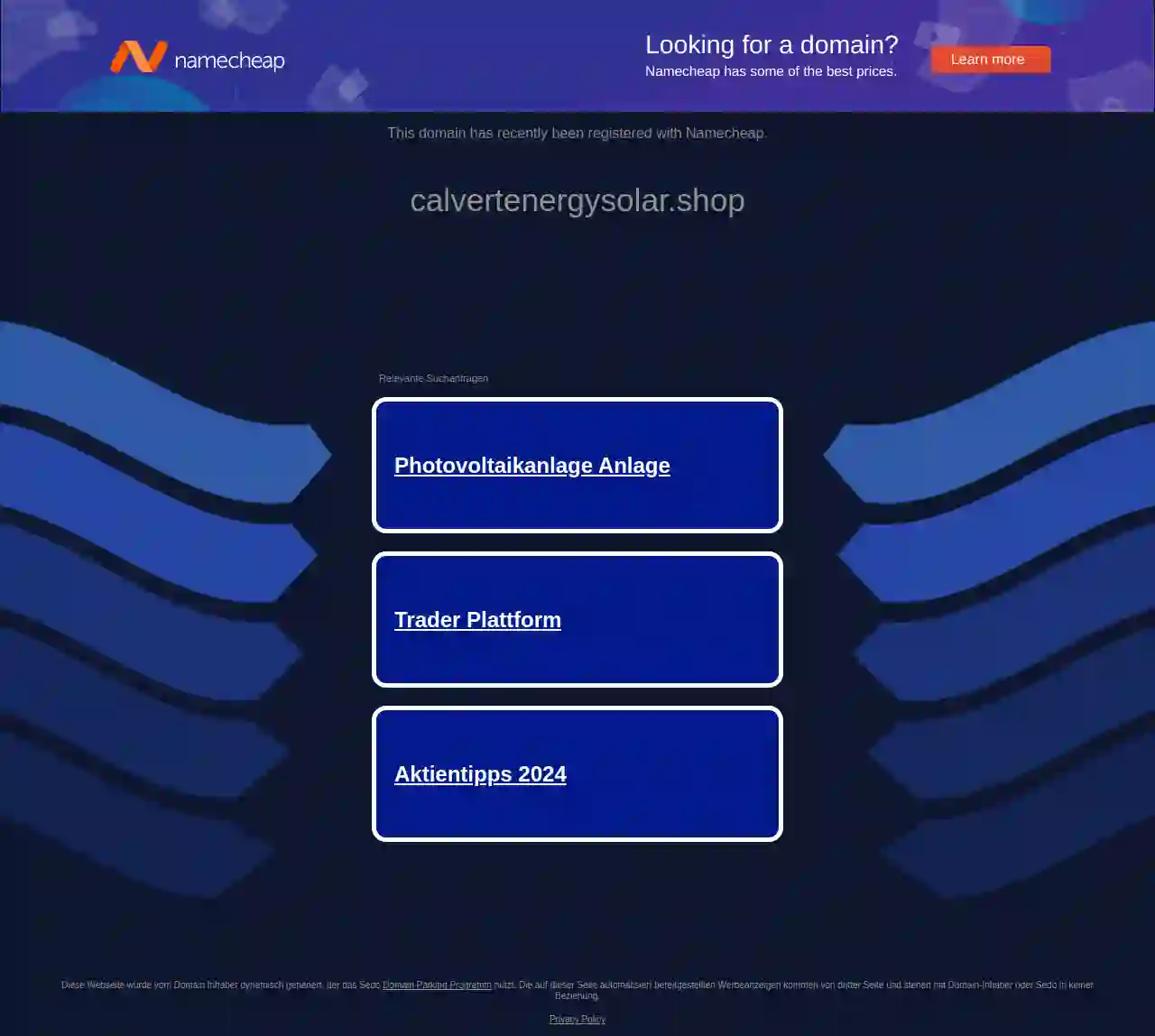Solar Installers Pingree Grove
Top Solar Company in Pingree Grove
Receive multiple Solar Installers Near Me quotes for your project today! Compare profiles, reviews, accreditations, portfolio, etc... and choose the best deal.

Headline Solar
4.25 reviewsChicago, USThis domain has recently been registered with Namecheap. The website is currently under construction and does not provide detailed information about the business.
- Services
- Why Us?
- Gallery
Get Quote
Tick Tock Energy, Inc.
4.718 reviews800 E. Fayette Ave., Effingham, 62401, USTick Tock Energy helps individuals and business take control of their energy. We help you Reduce utility costs through energy-efficiency, Produce your own energy with solar and wind power, and Manage your energy to lower consumption and utility costs. Discover who we are or get in touch today to learn more.
- Services
- Why Us?
- Accreditations
- Our Team
- Gallery
Get Quote
Simply Solar Illinois
4.816 reviewsSimply Solar Illinois, Bethalto, Illinois, 123 Solar Lane, 62010, USSimply Solar Illinois specializes in providing customized solar solutions for residential, commercial, and agricultural properties. Our team works closely with clients to understand their energy requirements and design a solar system that maximizes energy savings. We handle everything from initial assessment and design to installation and ongoing maintenance. By switching to solar energy, clients can significantly reduce their operating costs, enhance their sustainability efforts, and take advantage of various tax incentives and rebates.
- Services
- Why Us?
- Accreditations
- Our Team
- Testimonials
- Gallery
Get Quote
The Solar Soldier
520 reviews444 West Lake Street, Suite 1700, Chicago, 60606, USThe Solar Soldier is a veteran-owned business dedicated to providing comprehensive solar solutions tailored to meet your energy needs. Our mission is to lead in the adoption of clean energy by providing consulting services and solar designing tailored to each client's unique needs. We offer a wide range of services including solar + roof installations, EV Charger, service panel upgrades, and more.
- Services
- Why Us?
- Accreditations
- Our Team
- Testimonials
- Gallery
Get Quote
SunStyle
8140 McCormick Blvd. #141, Skokie, IL 60076, 60076, USSunStyle is a Building-Integrated Photovoltaic roof / BIPV. Installed with a single set of building materials, the structural roof and energy generating modules are one. SunStyle is a structural roof and solar module combined, providing a durable, leak-proof roofing solution that is both beautiful and protective.
- Services
- Why Us?
- Accreditations
- Our Team
- Testimonials
- Gallery
Get Quote
Illinois Solar Services
Washington, IL, USA, 123 Solar Street, 62090, USIllinois Solar Services is a locally owned and operated company established to help residents, businesses, farmers, and municipalities become energy independent and save money long term. With inflation lessening supply by shutting down energy plants — along with increased demand for energy — utility charges are continuing to rise. The answer is simple: Use state-of-the-art equipment available to access the sun and supply your own energy. Take control of your utility expenses with the best technology, financing, and warranty.
- Services
- Why Us?
- Accreditations
- Our Team
- Testimonials
- Gallery
Get Quote
Sun Collectors
5222 reviews4507 N Sterling Ave #400, Peoria, 61615, USSun Collectors is a professional solar energy installation and service provider offering residential, commercial, and agricultural solar solutions. With a focus on customer satisfaction and quality service, they aim to make the process of switching to solar energy easy and hassle-free. Their team of experts is dedicated to providing exceptional customer service and ensuring that clients receive the best possible experience.
- Services
- Why Us?
- Accreditations
- Our Team
- Testimonials
- Gallery
Get Quote
StraightUp Solar of Bloomington
4.959 reviews505 N Main St, Suite A, Bloomington, IL, 61701, USStraightUp Solar is a solar installation company in Bloomington, IL, that believes in empowering neighbors to take control of their energy with clean solar options. With over 2,800 solar panel arrays installed under the same ownership for over a decade, their team of values-driven, experienced, and licensed professionals manage every aspect of residential or commercial solar installation projects, from design to build to maintenance.
- Services
- Why Us?
- Accreditations
- Our Team
- Testimonials
- Gallery
Get Quote
Selenium Solar
Selenium Energy, LLC., Olympia Fields, IL 60461, IL, 60461, USSelenium Solar Energy is a locally based Illinois solar company dedicated to providing renewable energy solutions to residential, commercial, and government sectors. With a commitment to customer satisfaction, they offer services that cater to the needs of their clients, ensuring that they receive the best possible experience. Their team consists of skilled, NABCEP-certified professionals who are dedicated to providing top-notch service.
- Services
- Why Us?
- Accreditations
- Gallery
Get Quote
Tesla Solar Chicago
3.52 reviewsChicago, USThis domain has recently been registered with Namecheap. calvertenergysolar.shop This webpage was dynamically generated by the domain owner using the Sedo Domain Parking Program. The automatically generated advertisements on this page come from third parties and are not associated with the domain owner or Sedo.
- Services
- Why Us?
- Gallery
Get Quote
Over 4,210+ Solar Businesses in our network
Our solar companies operate in Pingree Grove and beyond!
SolarCompaniesHub has curated and vetted Top Solar Installers near Pingree Grove. Find the most reliable pro today.
Frequently Asked Questions About Solar Installers
- System size
- Roof complexity
- Weather conditions
- Permitting and inspections
- Installer's schedule
- Analyze your energy bills
- Assess your roof's suitability
- Calculate your potential solar energy generation
- Recommend a system size that meets your needs and goals.
- Cash Purchase: The most straightforward option, providing the greatest long-term savings but requiring a larger upfront investment.
- Solar Loans: Loans specifically designed for solar installations, often with favorable terms and interest rates.
- Solar Leases: A third-party company owns the system and leases it to you, allowing you to go solar with little or no upfront cost, but you won't own the system or receive tax benefits.
- Power Purchase Agreements (PPAs): Similar to leases, but you pay for the electricity generated by the system, not the system itself.
- Home Equity Loans or Lines of Credit: Borrow against the equity in your home.
How long does it take to install solar panels?
How do I choose the right solar panel system size for my needs?
Do solar panels increase my home value?
How can I finance my solar panel installation?
How long does it take to install solar panels?
- System size
- Roof complexity
- Weather conditions
- Permitting and inspections
- Installer's schedule
How do I choose the right solar panel system size for my needs?
- Analyze your energy bills
- Assess your roof's suitability
- Calculate your potential solar energy generation
- Recommend a system size that meets your needs and goals.
Do solar panels increase my home value?
How can I finance my solar panel installation?
- Cash Purchase: The most straightforward option, providing the greatest long-term savings but requiring a larger upfront investment.
- Solar Loans: Loans specifically designed for solar installations, often with favorable terms and interest rates.
- Solar Leases: A third-party company owns the system and leases it to you, allowing you to go solar with little or no upfront cost, but you won't own the system or receive tax benefits.
- Power Purchase Agreements (PPAs): Similar to leases, but you pay for the electricity generated by the system, not the system itself.
- Home Equity Loans or Lines of Credit: Borrow against the equity in your home.